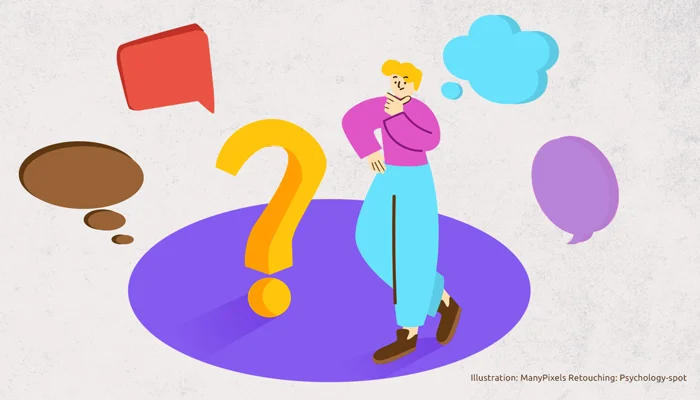
Are you one of those people who starts something but before finishing it you move on to another task? Do you find it difficult to concentrate on the activities you do daily? When night comes, have you accumulated tasks to finish? Do you have a lot of energy but often make mistakes at work because you lose concentration? Do you usually have many tasks on your hands?
If you answered yes to these questions, you probably suffer from attention deficit hyperactivity disorder (ADHD), which not only affects children but also manifests itself in adults. In fact, it is estimated that 80% of children who have this disorder will continue to suffer from it during adolescence and between 30 and 65% will carry it into adulthood.
Obviously, life is difficult for people who suffer from this disorder because they often commit to numerous projects but then find it difficult to assume their responsibilities and finish them. What happens is that they get motivated very easily but, just as quickly as they get involved in a task, they lose interest in it.
However, that does not mean that adults with hyperactivity are not capable of carrying out complex projects, they just need a greater dose of willpower and learn some strategies to live with their disorder.
5 strategies to finish the projects you have been involved in
1. Work with a partner
Most of the time adults with attention deficit hyperactivity disorder abandon their activities, projects and responsibilities because they feel unmotivated, lose concentration and interest. However, if they shared the tasks with another person, they would feel greater responsibility and this could infect them with their enthusiasm.
When you’re about to give up, having another person by your side will help you stay focused on the activities that are necessary to finish the project. In fact, it is no coincidence that psychologists and trainers recommend starting to do exercises with another person since this way both will support each other in the moments when the other wants to give up.
2. Set a time limit for your activities
People with attention deficit and hyperactivity often have problems distributing their time, so it will be very helpful for them to learn to set schedules. That is, determine in advance how many hours a day you will dedicate to a specific activity and do not let anything distract you during that period of time.
It is advisable that you set a relatively shorter time than necessary because it has been proven that adding a little tension to complete activities within a time limit helps us keep dopamine levels balanced (a neurotransmitter that intervenes in the process of brain excitation) and that is responsible for maintaining interest and motivation for the task.
3. Create meaningful reminders
It is advisable that you put into practice different strategies so that you often remember why you are doing that task, this way you will stay motivated throughout the project. In reality, it is not complicated at all, a simple image linked to the final goal or your motives can do the trick. You can place it in a visible place so that when you notice that your interest and attention begin to decrease, that image-reminder will tell you what your final objective is or the reasons that led you to get involved in the project.
It helps some people to have a photo of their family while others prefer to go for the image of the final goal they want to achieve. It’s about finding the reminders that are most effective for you.
4. Set clear goals for each activity
We often get involved in certain activities but we do not have clear goals and that demotivates us. Therefore, before starting a project, determine what you want to achieve. For example, if you have increased the hours you dedicate to work, think about your ultimate goal. Why do you do it? Maybe you’re saving for your next vacation or want to upgrade your car. Being aware of your goals will give meaning to the activity you do and you may even notice that you feel better doing those tasks.
5. Start with small goals
Starting out lightly, one step at a time, is the best way to work because then you won’t feel too stressed. Remember that no one has ever gone too far without taking the first step. Ideally, you would establish small objectives that lead you to the final goal and congratulate yourself every time you complete a phase of the project. It is easier to move forward when you look back and see everything you have done than when you look apprehensively into the future and see what you have left to do.




Leave a Reply